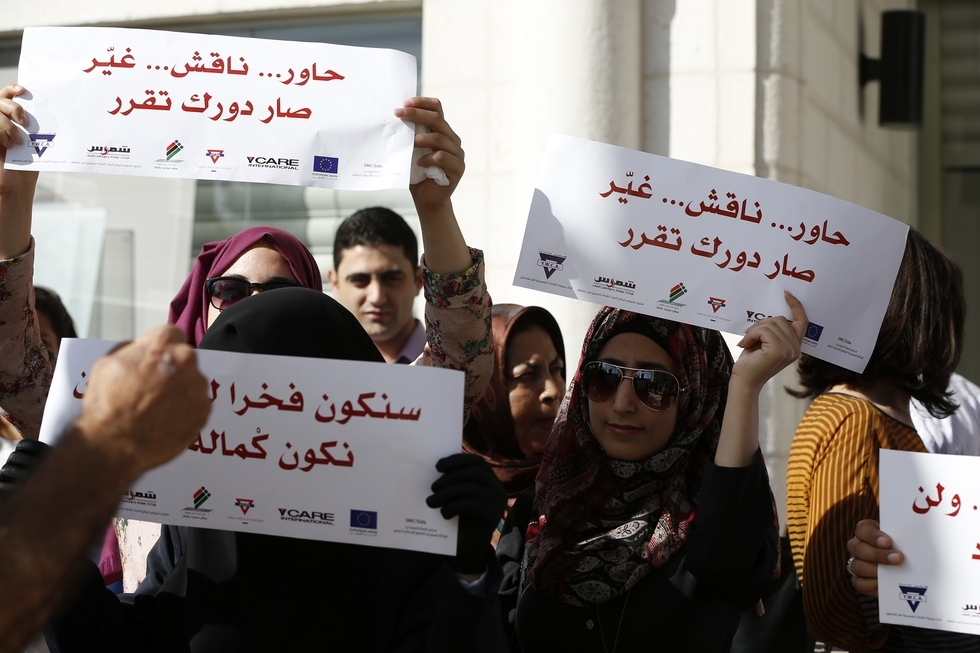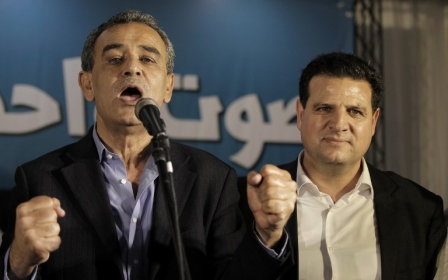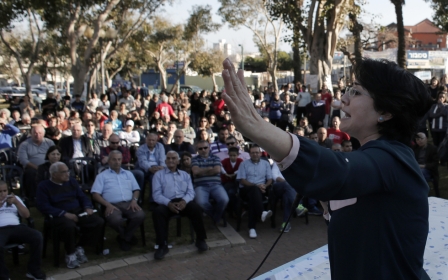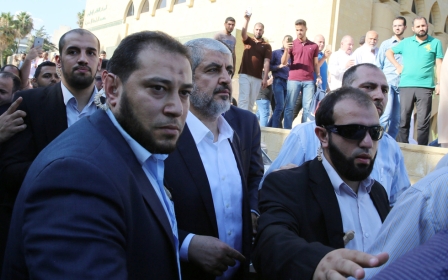Palestinian court excludes Gaza from municipal elections

The Palestinian high court on Monday ordered municipal elections to be held only in the West Bank and not in the Hamas-controlled Gaza Strip, though a new date for the suspended polls was not set.
The ruling could bring to an end hopes that the municipal elections would be the first since 2006 in which both Islamist movement Hamas, which controls the Gaza Strip, and Palestinian president Mahmoud Abbas's Fatah, which runs the West Bank, would participate.
"The court orders the implementation of the government's decision on the holding of local elections," court president Hisham al-Hatoo ruled before a packed courtroom in the West Bank city of Ramallah.
He said however the judiciary in Gaza did not have necessary "guarantees" in place for the holding of the polls.
The elections had initially been set for October 8.
On September 8, the court suspended the polls following disputes between Fatah and Hamas over candidate lists.
Hamas immediately dismissed Monday's decision as "political".
"The high court's decision on the elections is discriminatory and ratifies the division" between Gaza and the West Bank, it said in a statement.
Fatah and Hamas have not contested an election since 2006 parliamentary polls, which Hamas won -- sparking a conflict that led to near civil war in Gaza the following year.
This year's vote was planned with 81-year-old Abbas under heavy political pressure as opinion polls have suggested most Palestinians would like him to step down.
There has been no Palestinian presidential election since 2005 and Abbas has remained in office despite the expiry of his term.
Some analysts saw Abbas's decision to call for the municipal elections as a failed gambit since he may have been hoping Hamas would repeat its 2012 boycott.
A poll in late September showed 60 percent of Palestinians believe the court decision suspending the polls was a politically motivated bid to scuttle the election process, according to the Palestinian Centre for Policy and Survey Research.
Despite repeated reconciliation attempts, Hamas and Fatah have failed to bridge their differences and form a unified administration for the Palestinian territories.
The municipal elections had been seen by some analysts as a test of whether the two rivals could take a significant step towards reconciliation.
Their divisions are viewed as among the key obstacles in efforts to restart Israeli-Palestinian peace efforts, at a standstill for more than two years.
The Palestinian parliament has not met since 2007, the year Hamas, buoyed by its 2006 election victory, seized the Gaza Strip by force, driving out Fatah in a week of deadly clashes.
Hamas caused a shock by winning the majority of seats in the 2006 polls, which were seen by some as the most transparent to be held in the Palestinian territories.
But the international community refused to accept a Hamas government, demanding the Islamist group first renounce violence, recognise Israel and respect agreements signed between Palestinian and Israeli leaders.
The European Union and the United States have blacklisted Hamas as a terrorist organisation.
There have been three wars between Israel and Palestinian militants in Gaza since 2008 and the strip has been under an Israeli blockade for nearly a decade.
New MEE newsletter: Jerusalem Dispatch
Sign up to get the latest insights and analysis on Israel-Palestine, alongside Turkey Unpacked and other MEE newsletters
Middle East Eye delivers independent and unrivalled coverage and analysis of the Middle East, North Africa and beyond. To learn more about republishing this content and the associated fees, please fill out this form. More about MEE can be found here.




